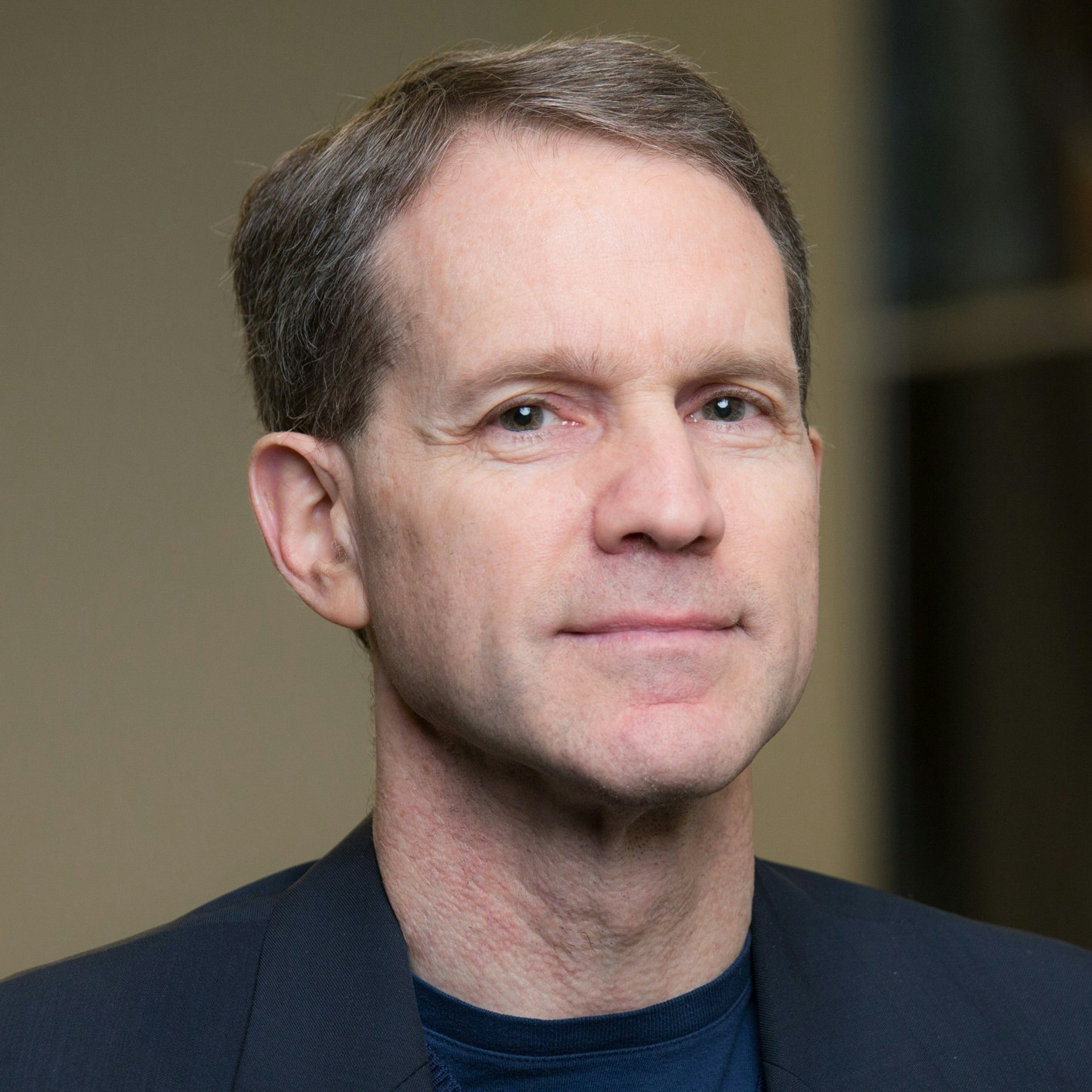Barack Obama's Visit to Africa and the International Criminal Court Prosecution of Omar Al-Bashir of Sudan
By James Goldston
The following article was published by MaximNews Network. James Goldston is executive director of the Open Society Justice Initiative.
Barack Obama's visit to Ghana Friday—his first to Africa as president—comes as the continent is seething over the International Criminal Court's indictment of President Omar Al-Bashir of Sudan for crimes in Darfur. By quashing rumors that the United States may be waffling in its support of the Bashir prosecution, President Obama can do in Africa what he has done so successfully in Europe and the Middle East-use his personal popularity to recapture the moral high ground for U.S. foreign policy.
A decade after it was created, and still on its first trial, the International Criminal Court is under siege. Muammar Qaddafi, who currently heads the African Union, calls the charges against President Bashir "First World terrorism." Last week, an African Union summit refused to cooperate in the arrest of "African indicted personalities" unless the United Nations Security Council deferred Bashir's case. And for the first time several of the court's African member countries have seriously floated the possibility of withdrawing.
Some see double standards and neocolonialism in the court's exclusive focus on Africa to date. Many have trouble accepting that a court they played a role in creating may act independently. Others blame the prosecutor for allowing politics to infect his decisions.
But the main source of discontent is clear: fear that an international court may indict a head of state and get away with it. The court's issuance of an arrest warrant threatens other political and military commanders who have committed crimes. It also injects a new and uncertain element into the already complex dynamics of peace negotiations and conflict resolution.
Although the current crisis has emerged in Africa, these concerns extend well beyond the continent. A Russian diplomat has criticized the Bashir warrant as "untimely" and "dangerous." China has issued cautionary warnings about the impact on regional stability.
We have been down this road before. The indictment of President Slobodan Milosevic in 1999 by an international tribunal brought threats of destabilization and defiance. But two years later the Kosovo war had ended and Milosevic was on trial in The Hague. When, in 2003, the UN-backed Special Court for Sierra Leone brought charges against former Liberian president Charles Taylor, many predicted mayhem in West Africa. Within three years, Taylor was in custody, and today Liberia has a peaceful, democratic government.
We don't know how long it will be, if ever, before the International Criminal Court gets its man. President Al-Bashir is doing all he can to thumb his nose at the court, including traveling freely to neighboring countries.
But there is no justification at present for staying the court's proceedings—no convincing evidence that prosecution directly threatens peace, that deferral would do much to change the current situation, or that Sudan is able and willing to prosecute its own president. Furthermore, proponents of deferral have yet to explain how victims of ongoing crimes in Darfur—and witnesses who risked their lives to provide evidence—will be helped by continued impunity for perpetrators.
The UN Security Council may well need to go further than simply standing pat. In the event of further intransigence, measures to enforce the court's writ, such as freezing assets, banning travel, and imposing a no-fly zone should be considered.
The Security Council is only as strong as its five veto-wielding permanent members. With China and Russia opposed, Britain debilitated by political scandal, and France uncertain, much rests on the United States.
In recent weeks, opponents of the court have been fortified by reports that even the United States may be wavering in its prior refusal to countenance Article 16 deferral under the court's founding statute. President Obama should make clear in Ghana that such reports have no basis.
It may seem strange for the United States—long hostile to the International Criminal Court, and still not a member—to defend the indictment of President Bashir. But Washington has a strategic interest in fostering accountability for mass atrocities, particularly in regions of political instability. Even those who question the court see the value of punishing the sponsors of what Congress has termed "genocide" in Darfur.
President Obama's family history, personal magnetism, and world standing make him uniquely qualified to clarify that the fight over the International Criminal Court in Darfur is less about Africa than about the world's commitment to end impunity everywhere. And there is no better place to say so than in Africa itself. By voicing public support for the court's warrants, President Obama can stiffen the resolve of wavering states and further refurbish Washington's image as a leader in the struggle for justice.

James A. Goldston is the executive director of the Open Society Justice Initiative.